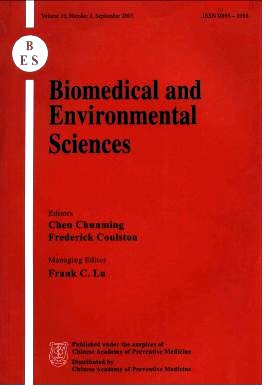Effects of Malnutrition on Economic Productivity in China As Estimated by PROFILES
-
Key words:
- PROFILES /
- Malnutrition /
- Economic productivity /
- Iodine nutrition /
- Iron deficiency
Abstract: To calculate the effects of malnutrition on economic productivity in China.Methods PROFILES was used to quantify the function consequences of malnutrition in term of protein energy malnutrition, iron deficiency and iodine deficiency. Results Productivity gained due to improved iodine nutrition. The reduction in the TGR in 1992 to 2001 increased the net present value of further economic productivity by $142 billion. Reduction of the TGR rate to 5% over next 10years would result in future productivity gains with value of $40 billion. Productivity gain due to reductions in child stunting would result in future economic productivity gains with the value of$101billion. Reducing stunting further over the next 10 years would gain $20 billion. Productivity gain due to reduction of iron deficiency anemia reduced by 30% over the next 10 years would gain worth $107billion and if childhood anemia reduced by 30% over next 10 years would gain $348 billion.Conclusion These interventions have huge economic payoff. That is likely to exceed their costs many times over.
| Citation: | JAY ROSS, CHUN-MING CHEN, WU HE, GANG FU, YU-YING WANG, ZHEN-YING FU, MING-XIA CHEN. Effects of Malnutrition on Economic Productivity in China As Estimated by PROFILES[J]. Biomedical and Environmental Sciences, 2003, 16(3): 195-205. |







 Quick Links
Quick Links
 DownLoad:
DownLoad: